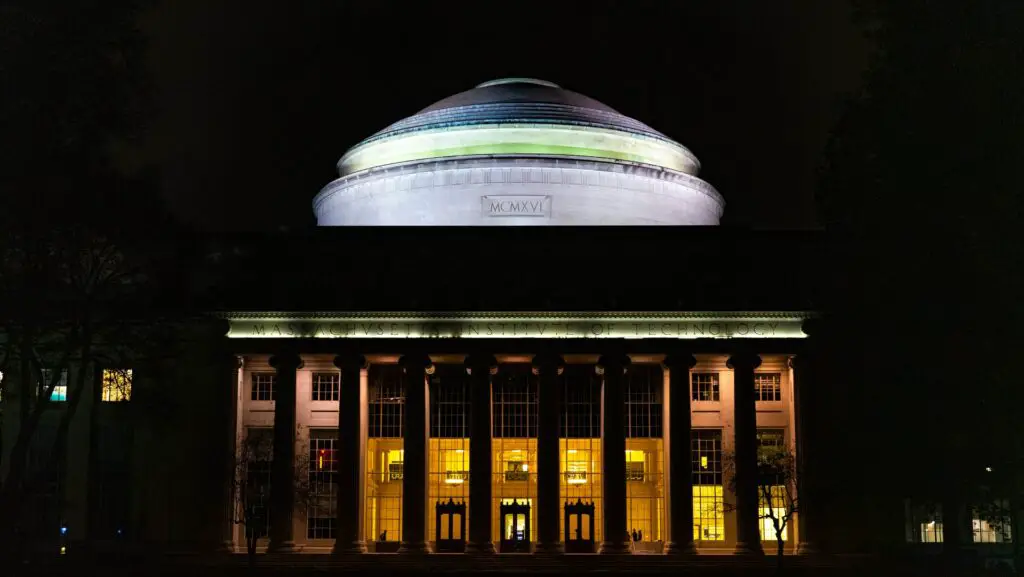Professor Gang Chen of the Massachusetts Institute of Technology was arrested on January 14 and charged with wire fraud, failing to file a report on his foreign bank account in China, and for making a false statement on a tax return.
Chen is a naturalized US citizen who was born in China and has held contracts with the Chinese government since 2012. These contracts include working as an overseas expert, serving as a member of at least two Chinese talent programs, and serving as an expert with the National Natural Science Foundation of China.
He directs MIT’s Micro/Nano Engineering Laboratory as well as its Solid-State Solar-Thermal Energy Conversion Center.
Failure to Disclose Affiliations
Chen’s research has been funded extensively by federal agencies and foreign entities alike. The US Department of Justice (DoJ) has revealed that he has received more than $19 million from federal agencies since 2003 and roughly $29 million in foreign funding, including $19 million from the Southern University of Science and Technology in China.
The DoJ revealed that Chen had taken on several advisory roles for the Chinese government and entities in China from at least 2017 to 2019.
Furthermore, Chen applied for and obtained a grant from the US Department of Energy to finance a portion of his research at MIT. He allegedly did not disclose these ongoing affiliations to the agency.
Reif released a letter regarding Chen’s arrest on January 14, stating that the news was “surprising, deeply distressing, and hard to understand” for everyone who knew Chen. He added that the university is unable to offer more information related to the government’s complaint at this time.
‘Thinly-veiled Racism?’
Chinese neurobiologist Yi Rao wrote to MIT President Rafael Reif and MIT Chancellor Maria Zuber to criticize Chen’s arrest based on his work for these associations, calling it “thinly-veiled racism” and stating that if the university would not support Chen, then it would be “implicated in one of the worst cases of academic racism in the 21st century.”
Prior to Rao’s current position at Peking University, he studied in the US and held several positions at US universities before returning to China.
Rao asserted that Chen did not disclose the associations on his grant proposal because they were not related to his research funding. Therefore, it was not necessary to reveal the connection. He added that the associations do not need to be disclosed to funding agencies in the first place because they are usually outside activities for most scholars.
Finally, Rao explained that reviewing grants for other countries is a regular activity among academics — and “nearly all MIT professors could be charged with reviewing for funding agencies of Israeli, Italian, or British governments” if the failure to report a review was a crime.
He ended the letter by claiming that “Trumpism has fundamentally eroded morality in the US,” and called on MIT to defend Chen.

